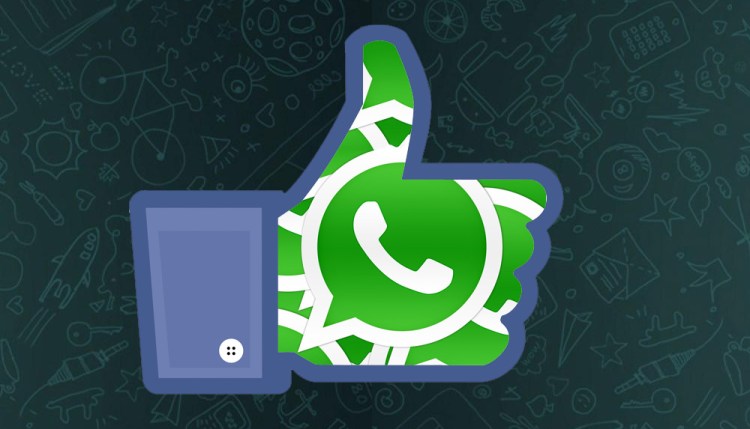Update (8/25): Facebook points out that it changed the name of “Connect” to “Facebook Login.” We regret the error.
The idea that Facebook is going to build payments into messaging platforms has been well reported.
Zuckerberg said as much during the company’s last earnings call. Facebook also hired PayPal president David Marcus to head up its messaging product team. That should have telegraphed Facebook’s plans clearly.
But what’s not been well discussed is the fact that Facebook could absolutely kill it in messaging-based payments. Here’s why.
Lots of people (including me) were blown away when Facebook announced it had paid $19 billion for WhatsApp. But WhatsApp is widely used in the developing world, and it could actually enable Facebook to reach markets that haven’t already been saturated with social media apps.
Facebook, of course, has its own messaging app, which it recently forced on users who wish to use Facebook’s messenger on mobile. The payments engine is likely show up there, too.
Facebook early this year applied to the European Union for a license for money transference. This would allow it to process online and mobile payments in Europe. Facebook will apply for such a license in the U.S., or, as one app industry source half-joked, just buy a failing bank, a faster way of getting licensed.
So Facebook now has the leadership, the messaging platform, one payments license, and plenty of money to make messaging payments happen.
That’s the bullet. Here’s the gun.
Add that to Facebook Log-in, which could very quickly bring Facebook payments to thousands of existing apps, messaging and otherwise. So users could simply log in to those apps using their Facebook credentials, and they’d be ready to make payments.
From an app developer’s perspective, they’d be able to build an app where users could use existing credentials to log in, then add in a payments engine from the same partner (Facebook) that would neatly enable in-app purchases.
Using WhatsApp or Messenger with payments, a consumer could easily discuss or negotiate a sale via chat or voice call, then hit the Buy button to close the deal.
Of course, Facebook Log-in would put the payments engine on the desktop sites of Facebook’s thousands of partners as well.
Marcus and Facebook are very likely right now building the back-end systems that will store buyers’ and sellers’ addresses and financial information. They’re also likely building in anti-fraud technology that’s been proven to work at PayPal.
Bottom line: Facebook will beat PayPal to the messaging space. And the messaging space will grow even faster with the addition of payments.
VentureBeat's mission is to be a digital town square for technical decision-makers to gain knowledge about transformative enterprise technology and transact. Learn More

